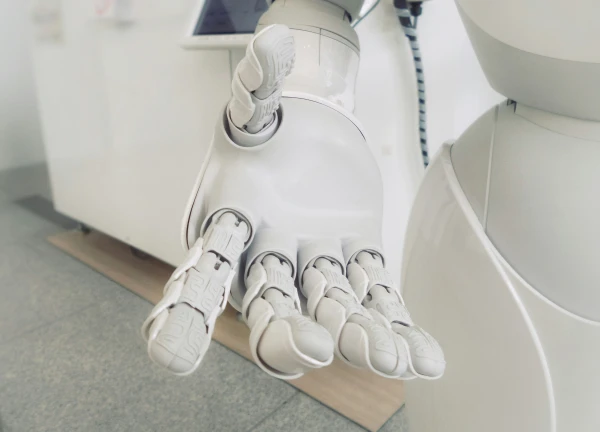
When the organ finds time for a "break," explains the cardiologist.
The heart — is a key organ of the human body, and our life depends on its continuous operation. It is amazing how it can function for decades without stopping. Doctor of Medical Sciences Olga Bokeriya explains that the heart does indeed have "breaks," but the owners of this organ often do not realize when they occur.
Five liters of blood per minute
The main task of the heart is to pump blood to supply all vital organs and tissues of the body with oxygen. Every minute, the heart processes four to five liters of blood, and over 80-90 years, it performs work comparable to lifting a train to the top of Everest via escalator.
Fortunately, nature has ensured that the heart's "work schedule" is balanced — in fact, it rests for most of the day. As Olga Bokeriya notes, such "breaks" account for 19 hours a day. This makes up about 80% of the day — quite a significant portion.
Cardiologists arrived at this figure by performing simple calculations. They added the time of atrial contraction — 0.1 seconds and ventricular contraction — 0.1 seconds, resulting in a total of 0.2 seconds. They then considered the heart rate, which is approximately 60 beats per minute, and the length of the cardiac cycle, equal to 1 second. Thus, the passive part of the cycle, or diastole, is allocated 0.8 seconds. This time is sufficient for the ventricles to fill with blood and "rest" before the next contraction.
After this, oxygen-rich blood is directed to the organs and tissues, while carbon dioxide-containing blood returns to the lungs. The cycle repeats.
When the heart does not rest
We have determined that a healthy heart finds time to rest, and there is no cause for concern. However, with certain disorders, such as diastolic dysfunction, this organ cannot fully relax. This is often observed in people with high blood pressure.
The cardiologist emphasizes that patients and doctors often do not pay enough attention to this dysfunction. But if the issue is not addressed, in a few years one may face heart failure.













